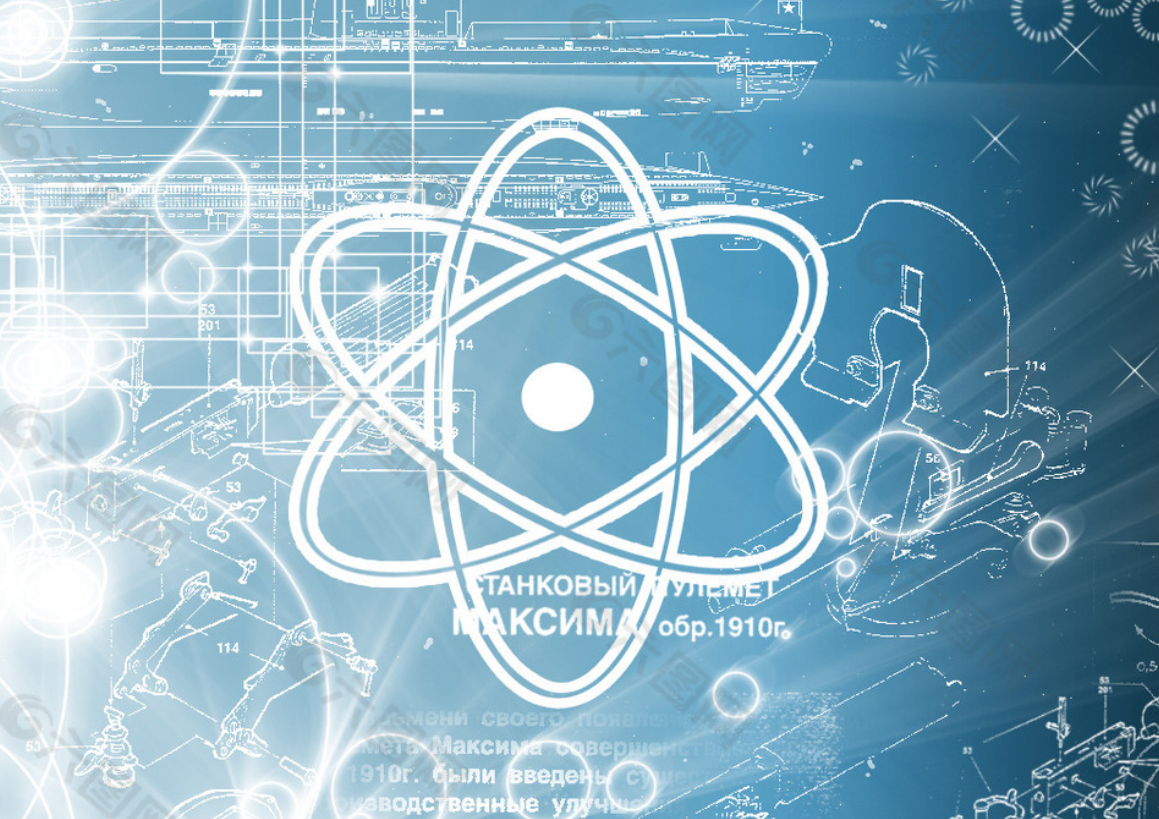
Zhao Ermi is the only member of the Chinese Academy of Sciences in the field of amphibious reptile research in China. Wang Haiyan has been collecting and sorting out his academic growth materials and the historical materials of amphibious herpetology research in China for three years, and has not finished yet.
It's a responsibility
When Wang Haiyan received the notice that he could join the "Old scientists' academic growth data collection project" led by the China Association for Science and Technology, he was excited: "Because I can also become one of the research,
verification and writing of the history of scientific development in China." At the same time, she also felt the heavy responsibility on her shoulders: "The 'Old Scientists' Academic Growth Data collection Project' upholds the spirit of 'responsible for old scientists,
responsible for scientific undertakings and responsible for history', promotes administrative and academic norms, and develops strict and scientific data collection and biographical writing workflow, technical indicators and historical research requirements."
In the "acquisition Project", "oral history" lists the direct interviews of old scientists and indirect interviews with their related people as one of the core work of the project. Although the history of science and technology is no stranger to Wang Haiyan,
since she became the head of the science and technology Information Center of the institute in 2005, she began to become interested in the history of Chinese science and civilization, and read the British scholar Joseph Needham's "History of Chinese Science and Civilization".
Wang Haiyan also has the writing skills, because she also works as a part-time journalist and writer. However, Wang Haiyan's understanding of oral history was not profound at the beginning, and all her insights benefited from the "data collection project for the academic growth of old scientists".
"Oral history, broadly speaking, is a method of recording history. It can be said that the record of human history has experienced the process of material transmission - speech transmission - text transmission - audio and video transmission.
Oral history belongs to the category of audio-visual historical record and inheritance. Through interviews with historical witnesses, oral history is recorded with audio-visual images, objective and original oral history text materials are collated,
and then verified and supplemented with historical documents, so that historical research and presentation can be as close to the truth as possible." Wang Haiyan explained in an interview with a reporter from the China Science Journal.
With the advice and help of relevant experts, Wang Haiyan has contacted more than 50 relevant people, 45 of whom agreed to be interviewed, and 42 of them have been interviewed so far. "I was impressed by every interviewee.
I admire them for their careful review of their own experience in amphibious reptile research, their work with Zhao Ermi, their understanding of the development of amphibious herpetology in China, their professionalism, and their objective historical understanding and presentation." Wang Haiyan said.
It is also this spirit that makes Wang Haiyan never give up when encountering difficulties in the process of collection: the written historical materials are incomplete, and lack of details and vividness;
It is difficult to confirm the oral interview data and the historical documents. It is a great test of energy and endurance to collect historical data... In the face of these difficulties, Wang Haiyan was conscientious and persistent.
"I collected documents and historical materials in as many directions and channels as possible, conducted oral history interviews from as many angles and angles as possible, tried my best to conduct historical research, corroborated historical materials and researched historical history, and tried my best to win human, financial and material support from all levels for the collection of historical materials." Wang Haiyan summed up the experience said.
And in the interview process, Wang Haiyan also summed up his own set of experience: "The most important thing is respect for the interviewer and an objective attitude towards historical events."
You have to prepare an interview outline, you have to establish good communication with the interviewer, you have to be resourceful during the interview, and you have to listen patiently to the speaker."
In the process of interviewing more than 40 relevant personnel, Wang Haiyan was touched, excited and regretted.
With the advancement of the acquisition project, Wang Haiyan's understanding and experience of the significance and value of the "acquisition project" have been deepened, so he was deeply moved by the leadership of the China Association for Science and Technology in this project and the strong mission spirit and high level of professionalism of the chief scientist Zhang Li in this cause.
Academician Zhao Ermi has devoted his life to exploring the mysteries of life in nature, and has devoted himself without regret to the love, inheritance, development and dissemination of the cause of science. He has finally been deeply moved by his return to the transcendence of nature. For their own team, everyone uses spare time, selfless work and moved.

